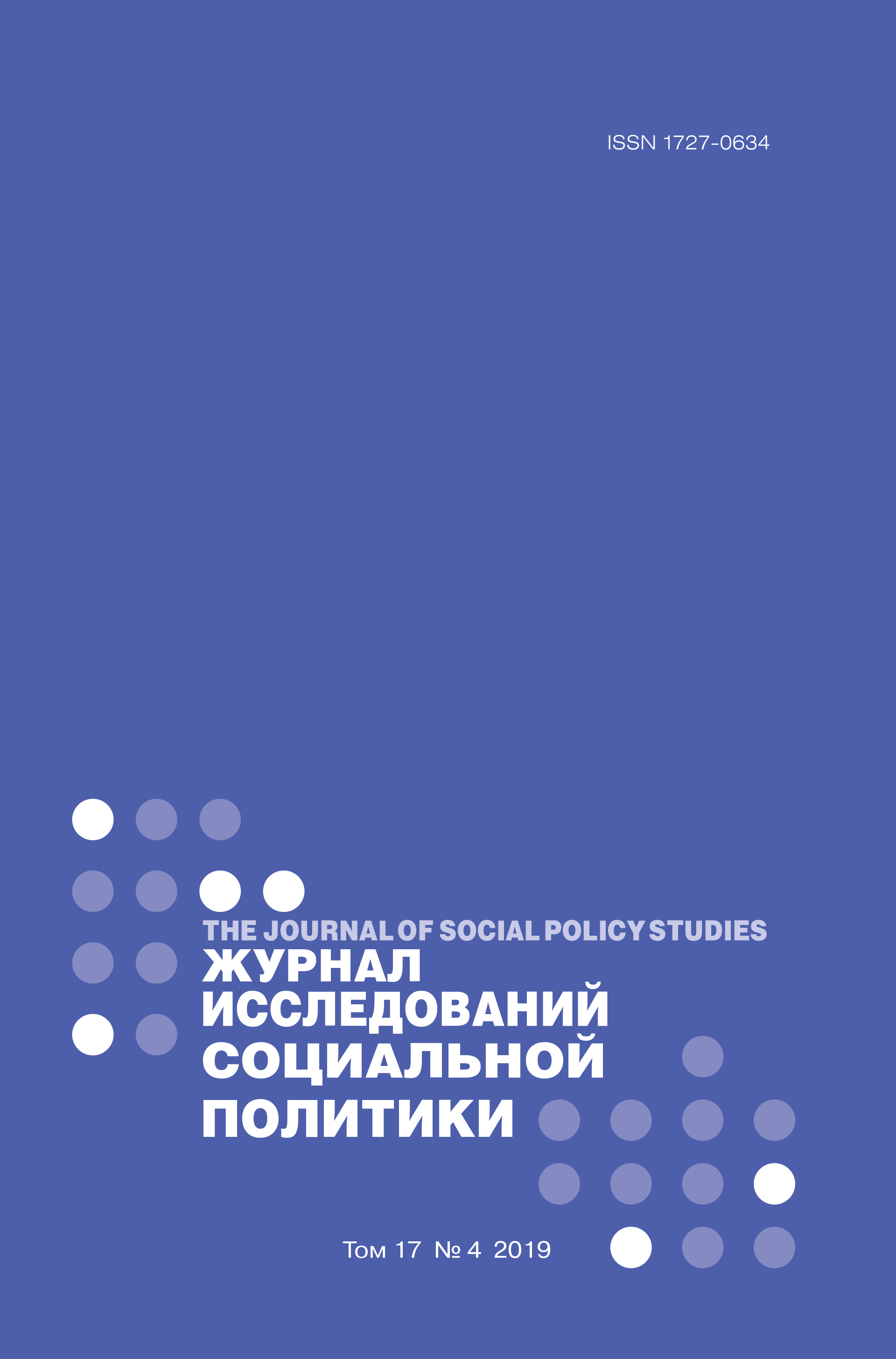The Deaf and the Hard of Hearing in the System of Inclusive Education: Opportunities and Barriers
Abstract
The article examines the problem of accessibility in higher education for people with hearing loss: the deaf and the hard-of-hearing. The article examines the higher education situation for the deaf prior to the introduction of inclusive education and those changes that occurred after the introduction of the law on inclusive education. The following empirical material was used: the results of focus group interviews with the deaf, polls, expert interviews with employees in education and public organizations for the deaf. The material was analyzed in line with the concept of 'opportunities and barriers'. Prior to the introduction of the inclusion legislation, educational opportunities were limited by the number of host universities, a narrow set of specialties and geographical factors. The key factor in the accessibility of education for the deaf is the availability of sign language interpretation in the educational process. After the introduction of inclusivist legislation, more opportunities for the entry of disabled applicants have appeared, although, at the current moment, only a few higher education institutions are ready to provide sign language interpretation. The training of sign language interpreters and their specialization play an important role in the educational process, even if the professional training of interpreters is still in the initial stages. Additional barriers for the deaf include low levels of school education, the lack of pre-university training system, a poor system of information sharing with regards university recruitment for people with hearing loss, low chances of finding a job according to one’s specialization, which reduces the motivation to study, and the inability of university professors to work with the deaf. These barriers run the risk of creating a merely 'formal' inclusion that, in reality, excludes persons with hearing impairment from higher education. Six years after the introduction of inclusivist legislation, it can be concluded that the situation in higher education for the deaf has not significantly changed.















